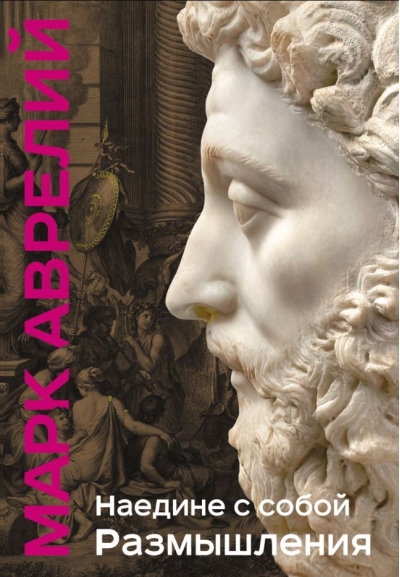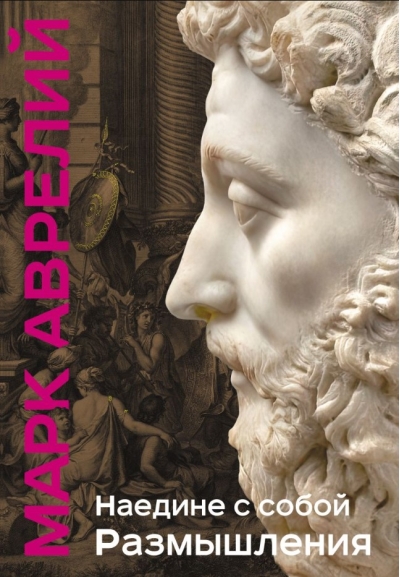METHODS OF PAYMENT
- Payment by bank card online - you can pay for your order by credit or debit card immediately at checkout.
Debit card immediately when you place it. Receipt of payment in this case
in this case is controlled automatically and usually takes no more than 5 minutes.
We accept payment by VISA and Mastercard bank cards;
- Paypal - payment through your Paypal account;
- Direct bank transfer - after placing the order you receive
necessary details and pay for the purchase by bank transfer,
for example, through your online bank. Attention: with this method of
payment method, the order starts to be processed only after the money
is credited to your account (the order processing time may increase by 2-3
days).
- You can also pay with our electronic gift card,
which can be purchased via link.
All payment transactions are encrypted and completely secure.
📦DELIVERY
We deliver books all over the world!
All orders are sent only with 100% prepayment.
How do we ship?
-
Latvia, Lithuania and Estonia: Omniva, Venipak.
-
Europe and other countries: DHL, Fedex, DPD and HRX.
-
Delivery cost and service selection are calculated automatically when placing an order, depending on the country and weight of the parcel.
💰DELIVERY COSTS
Free delivery
-
Latvia, Lithuania, Estonia - free delivery on orders over €19.99.
-
Across the EU and to the UK, Norway, Switzerland, Iceland and Serbia - free delivery on orders over €49.99.
Paid delivery
-
Latvia - the cost of delivery by courier is €4.99, and to a parcel machine - €2.99.
-
Lithuania, Estonia - the cost of delivery by courier is €6.99, and to a parcel machine - from €4.99.
-
Across the EU and to the UK, Norway, Switzerland, Iceland and Serbia - the cost of delivery by courier is €14.99.
-
Shipping to other countries of the world (USA, Canada, Israel, etc.) is only for a fee..
DHL Express Delivery
-
Express delivery is only for a fee: its cost can be calculated before payment, simply by adding the product to the cart and selecting your country.
📦PACKING AND SHIPPING TIME
- Orders are processed and collected within 3-5 business days after receiving payment.
- When choosing payment by bank transfer, the order assembly begins only after the funds have been received!
- During big sales and Christmas rush, the order processing time increases to 7 working days😊
- Large orders (over 30 kg) can be sent in several parcels.
🧾CUSTOMS CLEARANCE
- For countries outside the EU (e.g. UK, Switzerland, USA) customs duties, fees and taxes are possible.
- We recommend that you check with the customs department of the delivery country for information on customs declaration, taxes and duties.
- The responsibility for paying additional fees lies with recipient.
⏱ DELIVERY TIMES
-
Latvia, Lithuania, Estonia: 2-4 business days
-
EU and the rest of the world: 6-14 business days (depending on the country)
-
Express delivery: 2-3 business days after dispatch
We do not ship on weekends or public holidays.
We indicate the average expected transit time provided to us by the postal services. Although we ship orders as quickly as possible, the final delivery time depends only on the work of the postal and customs services.
In any case, we will do our best to send your order as soon as possible!😊
📍PICK UP
- You can pick up your purchase directly from our store in Riga, Liepaja or Daugavpils. This is a free and fastest delivery method!
- You can pick up your order only after confirmation that the order is ready for pickup at the selected store. When receiving an order, you must have the order number with you.
- You can see the list of stores here: https://kniga.lv/shops
🔎TRACKING PARCELS
- All shipments are provided with a tracking number, which we send to your email on the day of dispatch.
- Registered users can view the tracking number in their personal account.
- If the letter has not arrived automatically, check the Spam folder or contact us.
- On pre-holiday and holiday days, information about increased delivery times can be found on the official websites of courier services.
- Correctly specified delivery address and phone number will help deliver your order on time!😊
💡 LIFE HACKS FOR BOOK LOVERS
A few useful tips to make shopping more convenient and profitable:
-
Want to add books to an order you've already placed?
You can, if the order hasn't been sent yet. Just add the books to the cart — the "Add to order" option will appear in the "Payment" section.
Pay in a convenient way (PayPal, card or online bank) — and the books will be automatically added to your order.
If there is no button, it means the order has already been processed and packed. In this case, you can place a new order separately.
-
Want to buy a book now and send it later with your next order?
When placing your order, select the "Buy and put it aside (add to future order)" option.
The next time you order, this purchase will automatically appear in your cart, and we will send everything in one parcel.



















